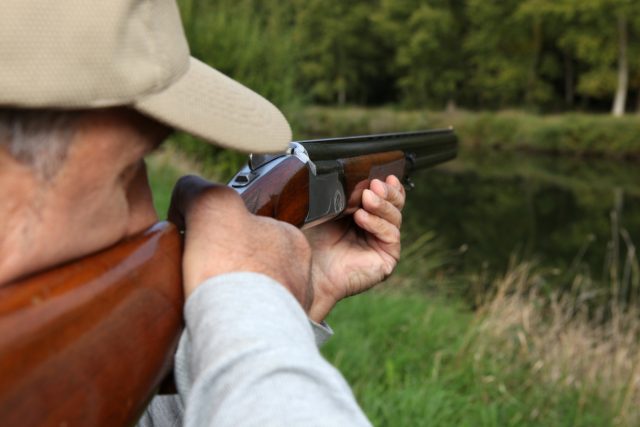
With an almost exuberant tone, the European Commission declares that it “does not hesitate” to report member states to court because they do not implement rules quickly enough. It is a harmful supranational perspective that creates growing resentment toward the union.
According to the latest annual report, recently published, from the Commission for 2022, it is regarded “necessary” to initiate a total of 551 new so-called infringement procedures against Member States. It is a legal process when the Commission considers that a member state has either incorporated agreed EU laws too late, incorrectly or has violated existing EU law.
Over half of these are in the areas of transport, legal issues or the environment.
The purpose of the Commission’s enforcement actions is to “bring back Member States into compliance”, as stated in the Commission’s press releases.
35 cases to the court
In addition to this, 35 cases against Member States were taken by the Commission to the Court of Justice of the European Union. This is an increase with ten pro cents from the previous year.
In 17 cases, which were launched due to the late transposition of directives, the Commission decided to request the Court to impose financial sanctions against the Member State concerned. These financial penalties are intended to force action in member states in accordance with the Commission’s wishes.
No respect for national cultural differences
The approach shown here is disrespectful towards the member states and completely the wrong attitude within a union that should be characterized by cooperation.
In the free trade zone, standards are important, but the Commission interfere with so much more. Something that should belong to the member states and thus be subject to the functioning democracy that applies in the member states – and which does not exist within the European Union.
An example of an implementation that the commission is now taking to court is that Sweden has not tightened the rules for the weapons that hunters and sports shooters use.
Sweden and hunting rifles
When the EU produced a threat assessment regarding serious and organized crime in 2021, it was estimated that there are 35 million illegal firearms in the EU. It has been considered that the EU has unique conditions to disrupt the criminal markets through laws on common EU standards. But this ambition has undesirable effects in some member states. One of the cases where the commission has sued a member state concerns the Swedish hunters’ rifles.
Since Sweden has not notified some of the national measures required to incorporate EU rules on the purchase and possession of firearms to the EU Commission, it has also not fulfilled its obligations.
According to Article 260.3 of the Treaty on the Functioning of the European Union (TFEU), if a directive adopted by the European Parliament and the Council is not transposed by an EU country into national law within the set deadline, the Commission can ask the European Court of Justice to impose fines.
Sweden has not implemented all parts of this EU directive, because it caused a strong conflict with the entire hunting and sport shooting community.
No weapons from the hunting or sport shooting community have been used in criminal contexts such as robbery or murder.
Growing resentment
It creates growing resentment against the Union when rules are introduced in areas where the EU should not get involved.
The new center-right government in Sweden has rejected the previous left-wing government’s attempt to use the EU directive to further tighten restrictions on weapons used in hunting and sport shooting. By implementing the EU directive at an absolute minimum level, a solution has been devised that hunters and sports shooters can accept.
But it is wrong and counterproductive when the Union intervenes and complicates national politics in areas where the EU has no reason to interfere.
The European Union should not even want to middle in and risk preventing local solutions to local problems of which Brussels has not the slightest knowledge and experience.
One such topic is the important cultural tradition that hunting constitutes in the extensive Swedish wilderness.



 Subscribe
Subscribe